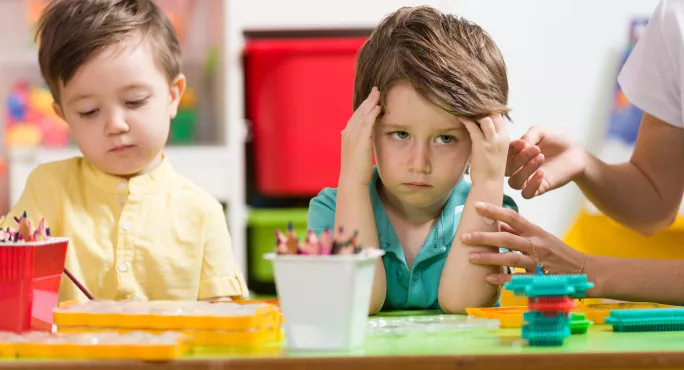We’ve learned lots of hard lessons from that most brutal teacher, Covid-19.
Poor families have been hit hardest. Families with parents and adult relatives who were not in good health this time last year are the most likely to have suffered bereavements.
In the corner of Newham, East London, where I am a headteacher, we suffered the most deaths in the country during the first wave of the pandemic.
Listen: Tes magazine debrief podcast
Comment: Catch-up is about people - not systems
Magazine: Beware the intervention trap
As Sir Michael Marmot, professor of epidemiology at University College London, wrote in February last year: “When a society has large social and economic inequalities, there are large inequalities in health.”
Let’s consider an even more worrying fact: this generation of young children in poor areas of England is even less healthy than their parents were at their age.
The Nuffield Trust explains that the prevalence of obesity in children aged 4 to 5 is almost twice as high in the most deprived areas (13 per cent) compared with the least deprived areas (6.7 per cent). As children move through school, the prevalence of obesity roughly doubles.
EYFS: Health concerns for disadvantaged young children
The poor health of young children in disadvantaged communities is driven by many factors, most of them outside of our control as teachers. In the area where I work, cars dominate the streets, making it unsafe for children to play out.
In our nursery garden, the levels of air pollution are illegally high, although they are coming down now thanks to a “green screen” funded by the Mayor of London. Polluted air leads to higher rates of asthma and poorer lung function.
Research also suggests that it damages children’s cognitive and emotional development, especially their self-regulation. That leaves children finding it harder to control their impulses, or bounce back and refocus when they feel angry or upset.
Meanwhile, if I walk a few minutes from my home in East London, I will pass numerous Victorian-era schools with large car parks for their staff.
It’s understandable that staff wish to avoid public transport right now. But surely it cannot be right, when normal times return, that school staff continue to have parking spaces at work?
Given the age of those schools, these car parks must have been taken out of the children’s already-cramped space for play. By driving in inner London, teachers have become part of the problem.
Misleading impressions
Perhaps the final irony of this desperate situation is that despite everything we know about how unhealthy many young children are, more than 90 per cent of them achieve the Early Learning Goal in health and self-care.
It is a striking example of how we can manipulate educational data to give a misleading impression that all is well.
As we start to look beyond the pandemic, it is crucial that we think broadly and long-term about improving children’s lives. We need to make our streets safer and our air cleaner.
We need early years provision to put a higher priority on ensuring that every child is highly active every day. We have seen what can happen to adults in poor health. We must do better for the next generation.
Dr Julian Grenier is the headteacher of Sheringham Nursery School and Children’s Centre. He co-leads the East London Research School






